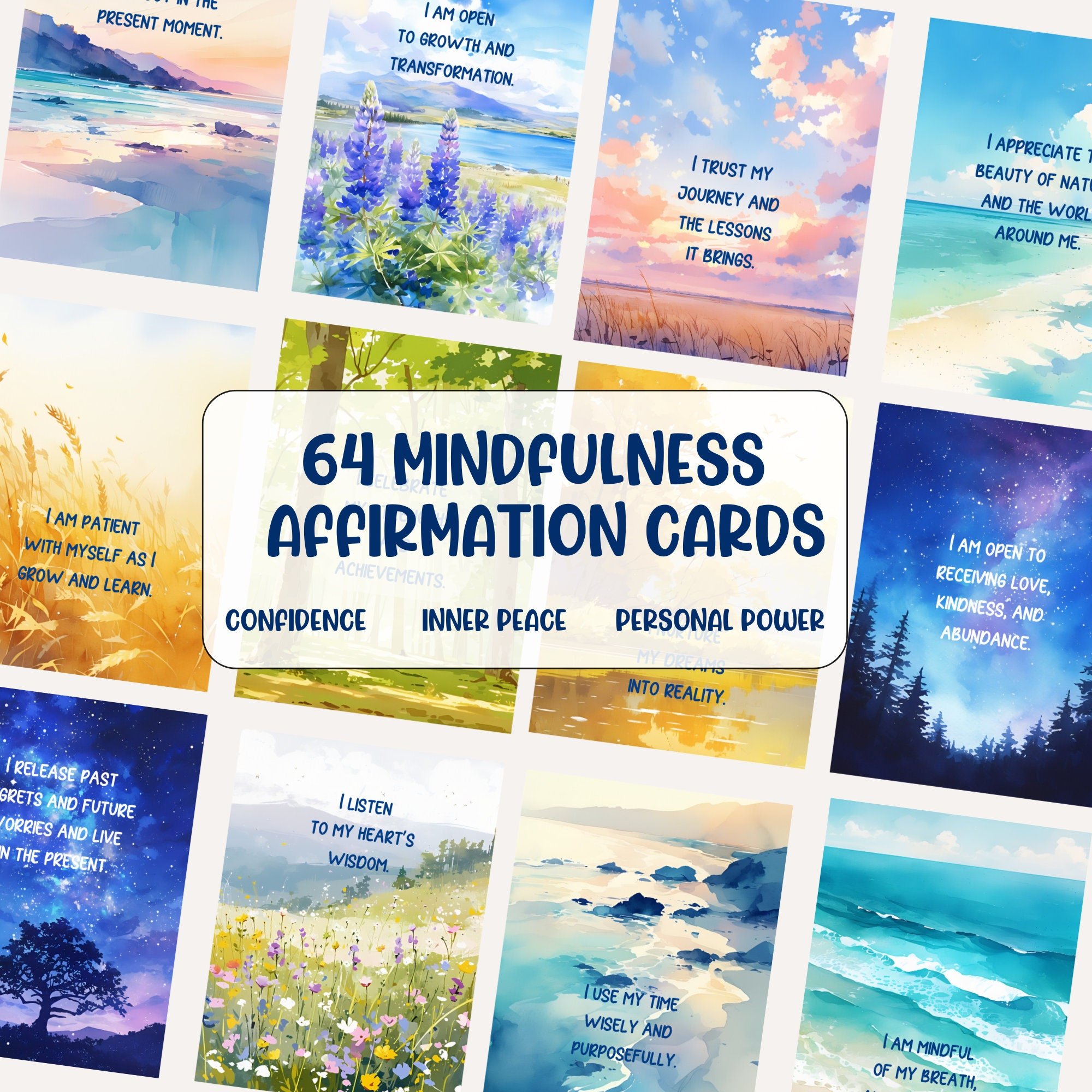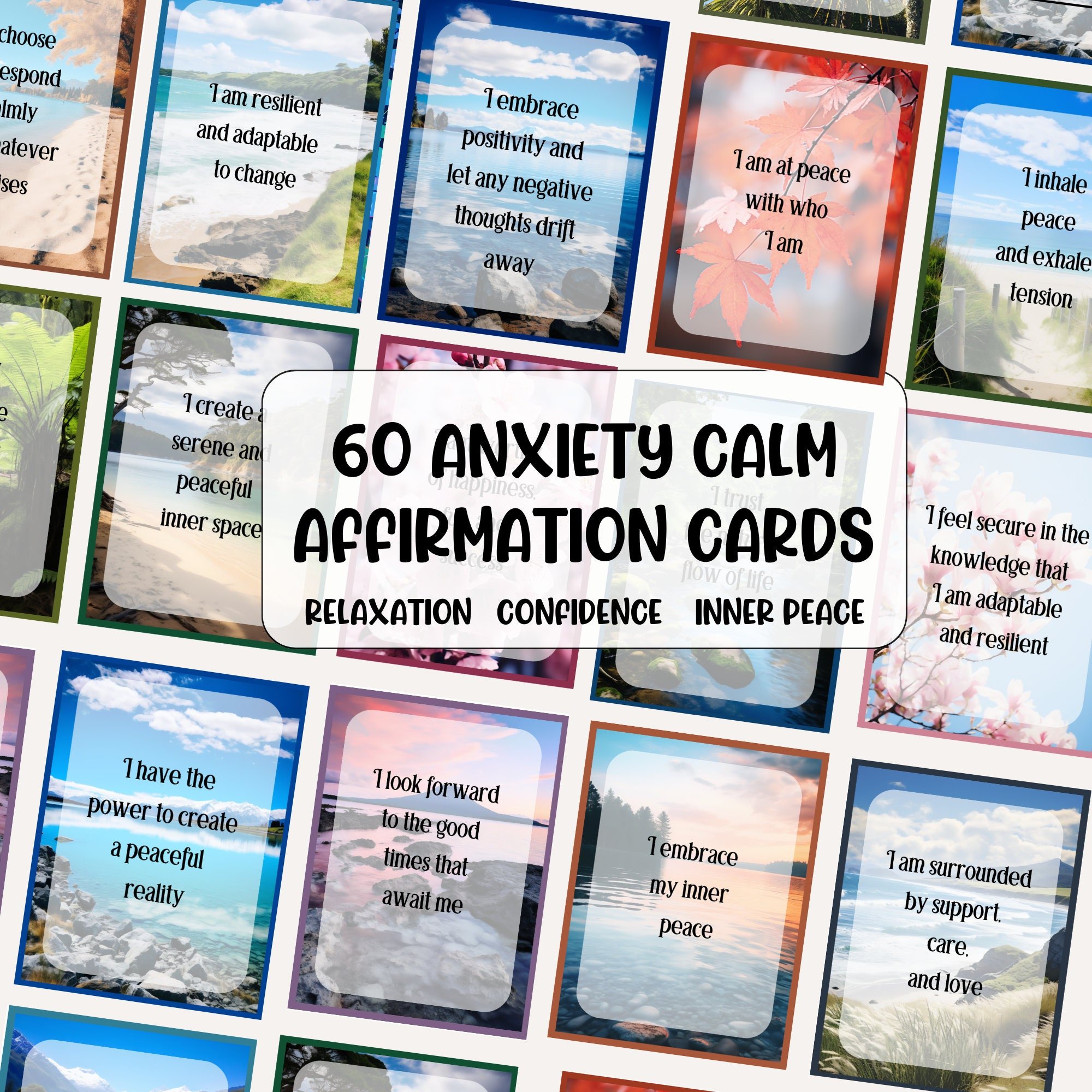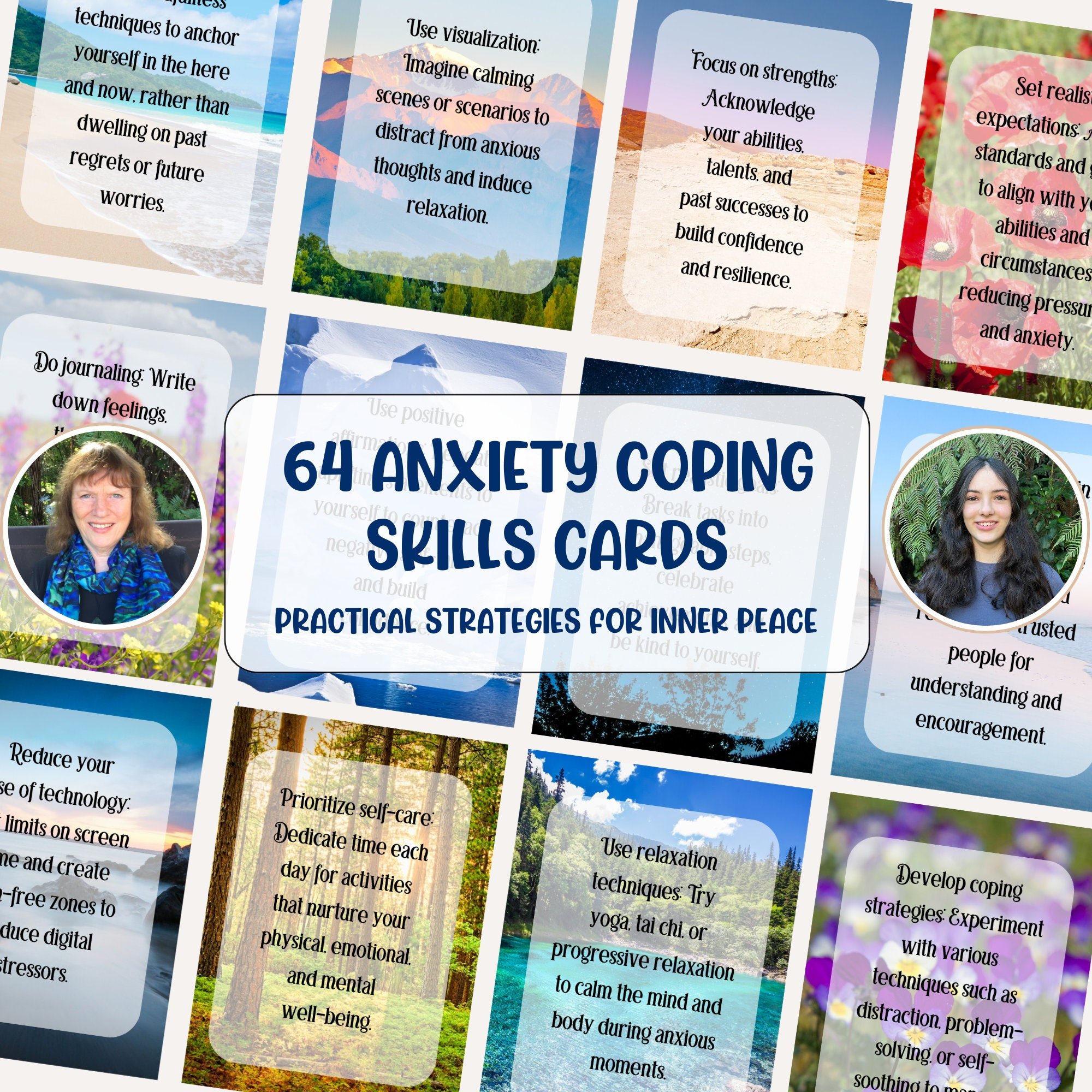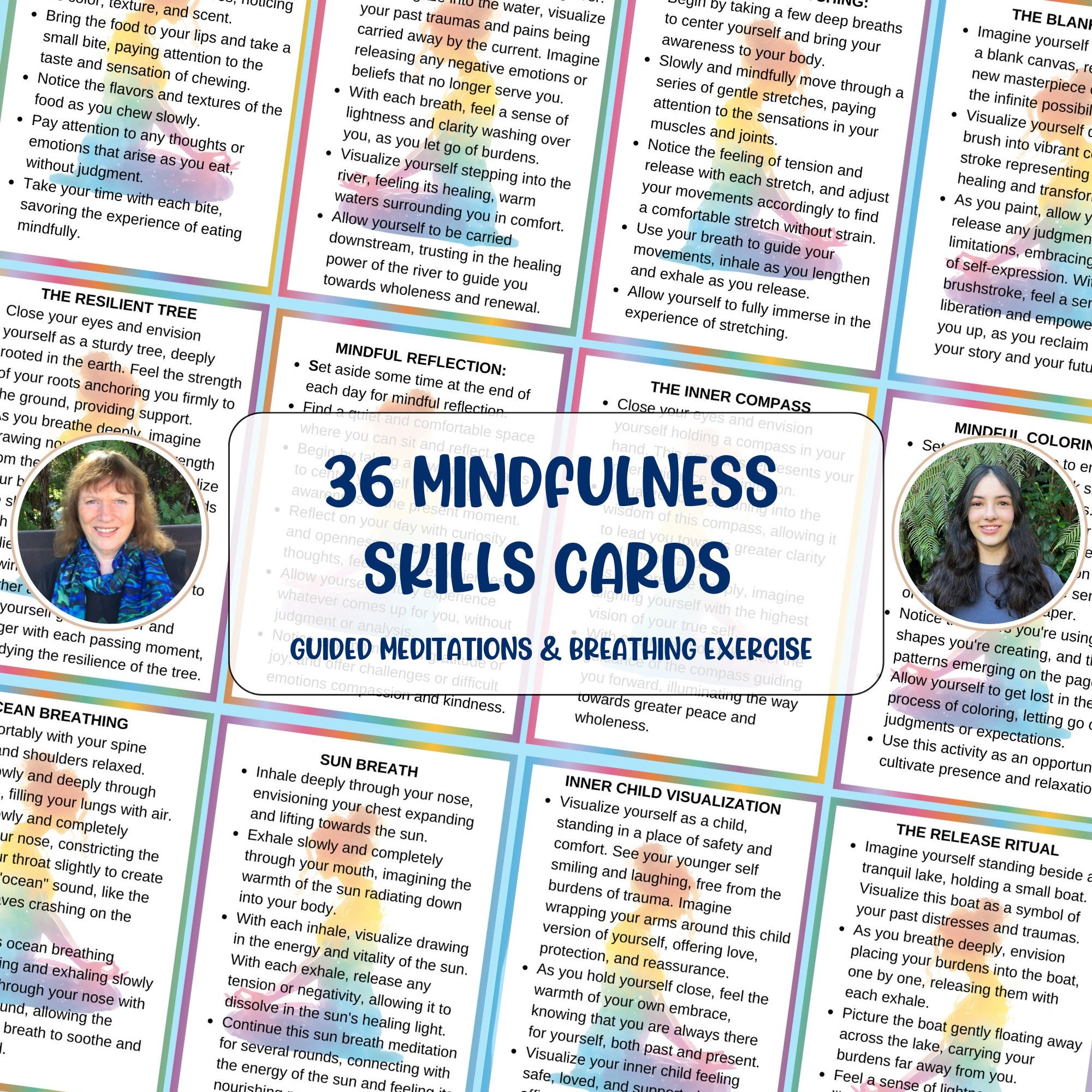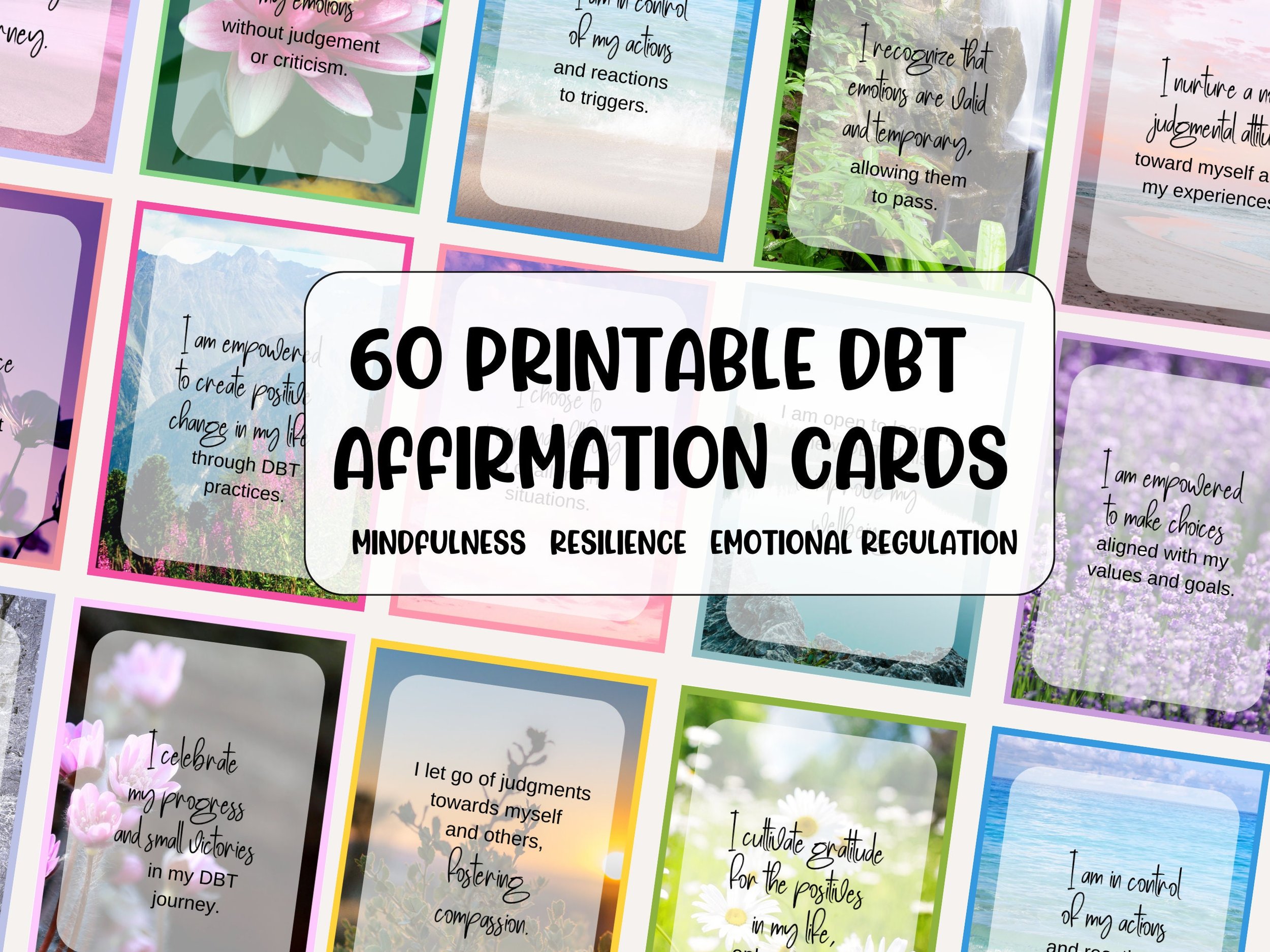The Power of Journaling: Unlocking Inner Healing
Life brings moments of beauty, challenge, and deep emotion. Sometimes those feelings are hard to untangle or even name. That’s where journaling comes in. Writing is more than just putting words on paper—it can be a profoundly therapeutic tool that helps you process emotions, release inner tension, and reconnect with your sense of self.
Whether you’re navigating abuse, living with anxiety, or simply longing for greater self-discovery, journaling creates space to slow down, listen inward, and heal.
Why Journaling Helps You Heal
Emotional Release: Writing allows you to express thoughts and feelings safely, without judgment. Putting words on paper can ease the heaviness you carry inside.
Clarity and Perspective: Journaling helps organize swirling thoughts, making complex emotions more understandable and less overwhelming.
Stress Reduction: Studies show that writing lowers cortisol levels and supports nervous system regulation. It’s like giving your mind a safe place to exhale.
Connection to Self: Journaling is a way of truly hearing yourself. Over time, it strengthens self-trust and deepens awareness of what matters most.
Journaling for Anxiety
Anxiety often fills the mind with “what ifs” and endless loops of worry. Journaling helps break that cycle by moving your fears from your head onto the page—where they often feel less intimidating.
Try this prompt:
“What am I most worried about right now? What is within my control, and what is not?”
“If my anxiety could speak, what would it be trying to protect me from?”
Our Creating an Amazing Life Writing Prompts set includes uplifting questions that guide you toward hope, vision, and possibility—helping to shift your focus from worry to empowerment.
Journaling for Self-Discovery
In the rush of everyday life, it’s easy to lose touch with the present moment and your own inner voice. Journaling with mindfulness brings you back to yourself—helping you notice, reflect, and rediscover peace, clarity, and purpose.
Try these prompts:
“What simple moments bring me the most calm, and how can I create space for more of them?”
“When I slow down and breathe, what do I notice in my body, my mind, and my emotions?”
If this speaks to you, our 100 Mindfulness Writing Prompts are designed to guide you gently inward—offering practical, reflective prompts that help you slow down, connect deeply with yourself, and bring more balance and awareness into your daily life.
Journaling to Heal Your Inner Child
So often, the hurts we carry as adults began long ago in childhood. Journaling is a safe, gentle way to listen to the younger parts of yourself—giving them space, compassion, and the healing they have always needed.
Try these prompts:
“What did I most need to hear as a child, and how can I give those words to myself now?”
“When I picture my younger self, what emotions surface, and what would I like to say to them?”
If this resonates, our Healing Your Inner Child Writing Prompts are carefully created to help you reconnect with your younger self—offering comfort, insight, and guidance as you move toward wholeness, healing, and self-love.
Building Self-Esteem Through Journaling
Self-esteem is the quiet foundation of how we see ourselves and how we show up in the world. Journaling is a powerful tool to challenge self-doubt, celebrate your strengths, and cultivate a deeper sense of self-worth.
Try these prompts:
What are three qualities I admire in myself, and how do they shape the way I live?”
“When have I felt proud of myself, and how can I build on that feeling today?”
If this resonates, our 50 Self-Esteem Journal Writing Prompts are designed to help you nurture self-confidence, embrace your unique strengths, and create a kinder, more empowering inner dialogue.
Journaling to Heal From Narcissistic Abuse
Recovering from narcissistic abuse takes courage, patience, and compassion for yourself. Journaling offers a safe space to untangle confusion, reclaim your voice, and begin to rebuild the trust and strength that were taken from you.
Try these prompts:
“What boundaries do I most need now, and how can I begin protecting them with confidence?”
“What messages from the abuse do I want to release, and what truths about myself do I want to hold on to instead?”
If this speaks to you, our 50 Narcissistic Abuse Writing Prompts are created to guide your healing journey—helping you process your experiences, release toxic patterns, and rediscover the empowered, resilient self within you.
Tips for Building a Healing Journaling Practice
Set aside even 5–10 minutes a day—consistency matters more than length.
Create a calming ritual: light a candle, make tea, or choose your favorite pen.
Don’t worry about grammar or “writing well.” This is for you, not an audience.
Return to your entries over time—you’ll see growth, insights, and resilience emerging.
Final Thoughts
Journaling is one of the simplest yet most powerful tools for healing. Whether you’re grieving, feeling anxious, or yearning for self-discovery, the act of writing offers a gentle path forward.
If you’d like extra support on your journey, our guided resources are filled with thoughtful questions to help you explore your emotions, release what no longer serves you, and create a brighter, more connected future:
Your story matters. Every word you write can be a step toward healing.



